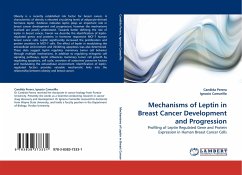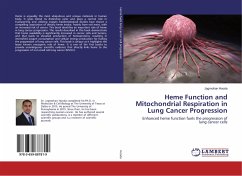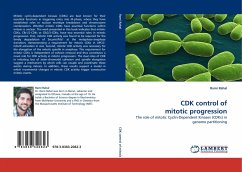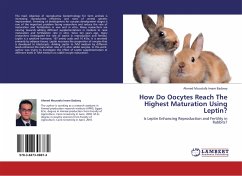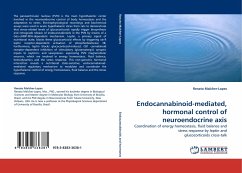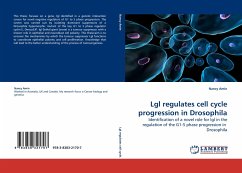Obesity is a recently established risk factor for breast cancer. A characteristic of obesity is elevated circulating levels of adipocyte-derived hormone leptin. Evidence indicates leptin plays an important role in breast cancer development and progression; however the mechanisms involved are poorly understood. Towards better defining the role of leptin in breast cancer, herein we describe the identification of leptin-regulated genes and proteins in hormone responsive MCF-7 human breast cancer cells. Leptin significantly increased the proliferation and protein secretion in MCF-7 cells. The effect of leptin in modulating the extracellular environment and inhibiting apoptosis was also determined. These data suggest leptin regulates mammary tumor cell behavior through multiple mechanisms. In addition to regulating mitogenic cell signaling pathways, leptin influences mammary tumor cell growth by regulating apoptosis, cell cycle, secretion of autocrine/ paracrine factors and modulatingthe extracellular environment. Identification of leptin-regulated factors provides valuable mechanistic links into the relationship between obesity and breast cancer.
Bitte wählen Sie Ihr Anliegen aus.
Rechnungen
Retourenschein anfordern
Bestellstatus
Storno

